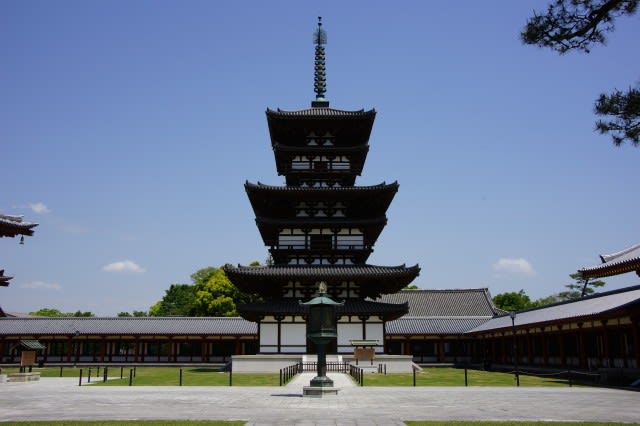The following is from the serial column of Masayuki Takayama, who brings the weekly Shincho released today to a successful conclusion.
This article also proves that he is the one and only journalist in the postwar world.
It is a must-read not only for the Japanese people but also for people all over the world.
The Spirit of a Musician
Mr. Koichi Sugiyama has passed away.
The articles on the deceased in the newspapers mourned the "death of a musician" by listing hit songs that the deceased had written, such as the Dragon Quest theme song used in the opening ceremony of the Tokyo Olympics.
Music was not the only thing he was passionate about.
The Asahi Shimbun added at the end of the article that he had been sending out opinion ads as a right-wing pundit. The Tokyo Shimbun also referred to him as a "right-wing pundit.
The term "rightist" is used by Asahi's "Ronza" when they want to say "far-right."
In fact, the deceased, concerned about the spread of the "comfort women lie" fabricated by Asahi, published an opinion ad at his own expense in the Washington Post in 2007.
Since then, he has published his opinions on comfort women and the state of the media in newspapers in Japan and abroad.
However, even if he placed his ad in a major U.S. newspaper, it would disappear within a day in a daily newspaper.
"One day, Mr. Nagayama directly asked me for advice, saying, "What about a monthly magazine in the U.S.?
The comfort women are a false story fabricated by Asahi.
Can't you introduce a convincing story in a double-page spread and destroy the comfort women legend?
He offered me 12 million yen to do so.
I was a little shaken, but I accepted.
I sought the cooperation of foreign affairs critic Hideaki Kase and Henry Stokes, former Tokyo bureau chief of the British Financial Times.
"I also enlisted the wisdom of Mr. Sokki Watanabe, a Canadian resident known for his translation of Hoover's memoirs.
I came up with the text.
The truth about the comfort women is that "the Asahi Shimbun spread the lies of a crook named Seiji Yoshida at home and abroad" (former Prime Minister Abe).
Sri Lankan Coomaraswamy and others plausibly adapted and scattered it.
The "involvement of the Japanese military" is also based on a misreading by Yoshiaki Yoshimi of Chuo University, who is not well versed in reading and writing Japanese.
Even if you explain it that way, it is unlikely that Americans, who believe that the Japanese were cruel savages and that "two nukes were not enough" (New Hampshire Congressman Nick Levasseur), will understand and reconsider.
So, I decided to go with a comparative cultural theory and quoted the Old Testament book of Numbers at the beginning.
When the Jews defeated the nation of Canaan, Moses said, "Kill all the men, even the babies. Kill the women, too. But only virginity is a gift from God, so enjoy it as you like.
Over there, women are made into sex slaves, and men are killed or sold into slavery.
But Japan has no such history.
There is no slavery and no discrimination against other people.
The Western Front in China and the final days of La Meng also show this.
Chased by enemy troops, 20 comfort women and others fled to a Japanese position on a hill.
The Chinese army attacked them day after day.
Before dying the death of a warrior, the garrison captain sent five Korean comfort women down the hill with a white flag.
He said, "The Chinese only kill Japanese."
The five, including the pregnant woman, descended the mountain safely as he said and were protected by the U.S. military.
The remaining Japanese comfort women met their end together with the men, and all died.
Stokes translated it into clean English, but he kept trying to leave out the Bible quotations no matter how many times I pointed it out to him.
He later said he was shocked when he reread the Bible and learned for the first time that there were such references.
There is no way that such Japanese would behave like Jews or Christians.
Mr. Sugiyama also said that this approach was perfect.
It decided to publish the article in "Foreign Affairs."
It is a top-notch magazine in the U.S., where successive Secretaries have written articles, and Huntington's "Clash of Civilizations" made its debut there.
Since it is a bimonthly magazine, it is read for two months.
However, after we handed over the draft, the magazine began to complain.
I guess it was because it was as shocking as Stokes.
First, they raised the price, complained about the text, and finally told us that they could not publish it.
At the same time, Asahi claimed that Seiji Yoshida's report on comfort women was a complete lie.
The opinion ad lost its chance, but Mr. Konyama said, "It was meaningful.
He said that those who saw that text alone must have understood the Japanese people.
But Asahi has not learned its lesson and is still making fools of itself.















